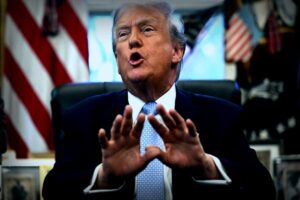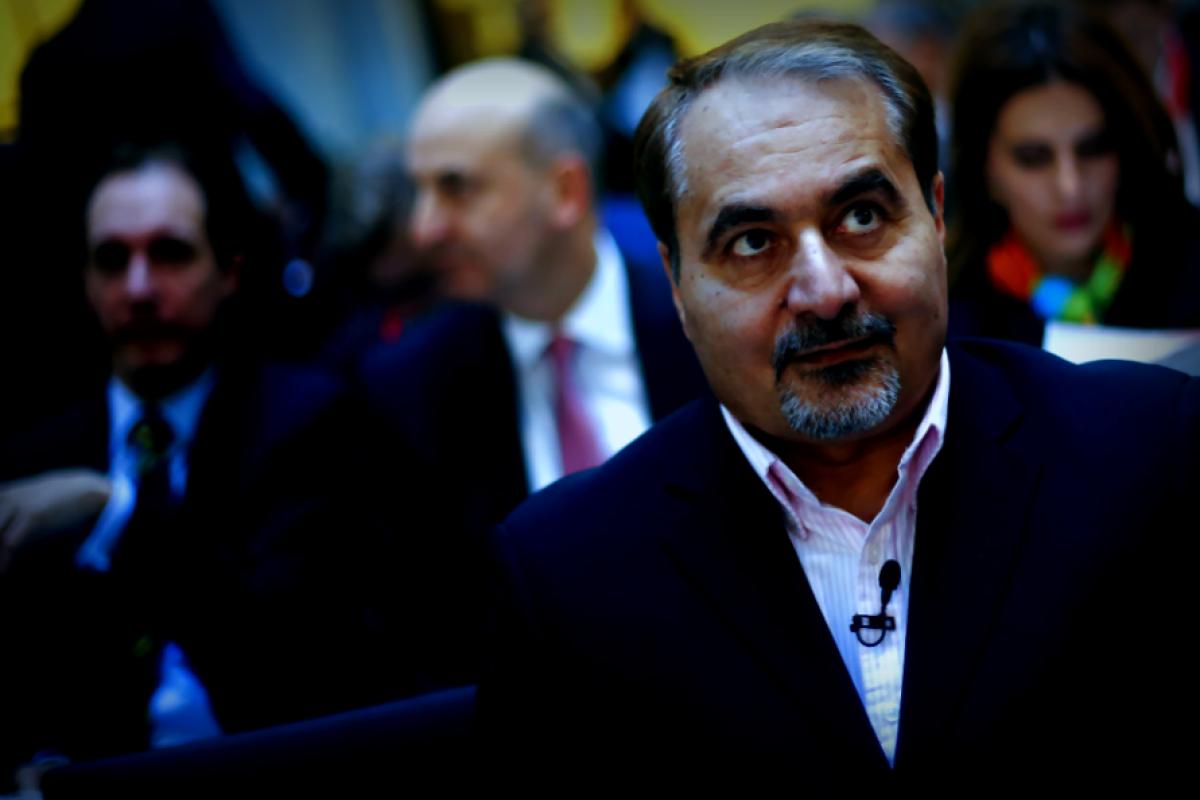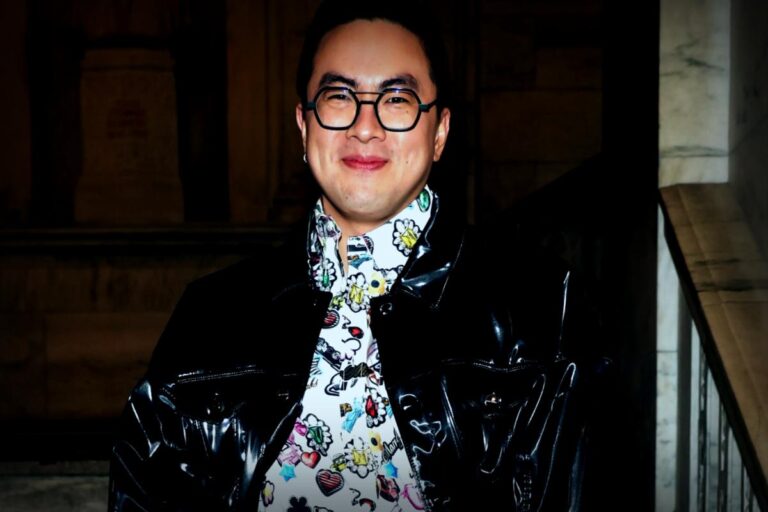Back in November 2023, a group of Iranian-Americans, many of whom had suffered in Tehran’s notorious Evin prison or had lost loved ones to political executions, kicked off a campaign demanding the dismissal of Seyed Hossein Mousavian from Princeton University. The accusations? His purported involvement in the assassination of at least 24 Iranian dissidents on European soil.
Things escalated quickly. Just a few weeks ago, we’ve learned that Mousavian has also been linked to the controversial Iranian nuclear arms program.
The Alliance Against the Islamic Regime of Iran Apologists had some success, announcing on August 9 that Princeton had discreetly confirmed Mousavian’s “retirement,” which would take effect on June 1 as per a notice on the Inside Princeton site.
Furthermore, Mousavian found himself at the center of a 2023 congressional investigation. Investigators scrutinized his efforts to promote the Iranian regime’s interests during his time at Princeton. Notably, he attended the funeral of Qassem Soleimani, an Iranian general killed on Trump’s orders in January 2020. Senator Ted Cruz also called out Princeton and urged them to let Mousavian go, even suggesting on X (formerly Twitter) that he should be deported.
Around the same time, fresh insights surfaced courtesy of the Middle East Media Research Institute. They unearthed a 2004 interview with Mousavian from the Swiss publication SonntagsBlick. In it, he shocked readers with comments about Iran’s defensive chemical and nuclear efforts post-Iraq attacks— an alarming flashback to Iran’s strategic ambitions.
Many experts, including journalist Bruno Schirra, view Mousavian as a critical player in Iran’s past nuclear talks from 2003 to 2005. During that timeframe, he famously insisted that Iran would never back down from its right to enrich uranium. “Even if we get dragged before the UN Security Council, that won’t alter our stance,” he noted in the interview. The Trump administration firmly opposed any enrichment, deeming it necessary to prevent Iran from progressing toward nuclear weapons capability.
This Swiss interview underscores that Iran’s goals have remained unchanged for nearly two decades: acquiring nuclear weapons while asserting its right to enrich fissile materials.
Since coming to Princeton in 2009 and frequenting Washington during discussions about the often-criticized 2015 nuclear deal, Mousavian has successfully framed Iran’s nuclear agenda in a favorable light in American discourse.
His latest pitch advocates for a nuclear consortium on Iranian territory that still involves enrichment activities, with collaboration from Sunni Gulf nations.
Reflecting upon Mousavian’s tenure as Iran’s Ambassador to Germany from 1990 to 1997, many remember his alleged involvement in the country’s ‘Chain Murders’ targeting Iranian dissidents across Europe.
A 1997 article in Berlin’s Der Tagesspiegel quoted Abolghasem Mesbahi, a former high-level Iranian intelligence operative, who testified in a court that during the Mykonos trial, he stated, “Mousavian was part of almost all the crimes committed by the [Iranian regime] in Europe.” There are claims that he coordinated ops against Iranian Kurdish dissidents alongside Hezbollah at West Berlin’s Mykonos restaurant in 1992.
Additionally, Mohsen Rafiqdoost, an early member and former minister of the Islamic Revolutionary Guard Corps, highlighted Iran’s strategic funding of covert operations abroad. His revelations pointed towards Iran’s engagement in various political assassinations, including the 1992 death of notable Iranian singer Fereydoun Farrokhzad in Bonn. Now, Iranian dissidents in Germany are pressing authorities to hold Mousavian accountable for these long-cold cases.
What’s more, Mousavian has reportedly continued to express his backing of Hamas and Hezbollah and has remained unapologetic regarding a fatwa imposed by Iran’s previous Supreme Leader Khomeini, aimed at Salman Rushdie.
The combination of the Trump administration’s decision to freeze $210 million in research grants to Princeton amid allegations of antisemitism on campus and his alleged role in the Chain Murders—along with organized pushes from the AAIRIA—appears to have nudged Princeton President Christopher Eisgruber, who previously resisted taking action, into a corner.
Eisgruber, having already faced backlash from alumni and students over inadequate measures against antisemitism on campus, likely assessed that Mousavian’s presence risked irreparable harm to Princeton’s prestigious reputation. Now, Iranian-American activists are advocating for his deportation to Europe where he could be put on trial for his past actions related to the Chain Murders.
The 24 individuals who fell victim to Mousavian’s violent history across Europe certainly deserve any semblance of justice.
Benjamin Weinthal writes for the Middle East Forum.




















